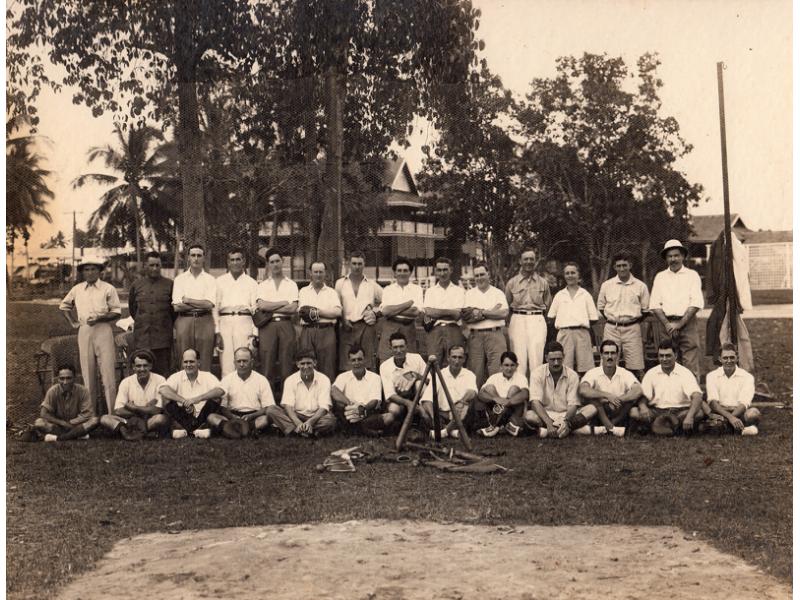Add new comment
Robert Heal grew up on oil fields. “A drilling rig stood between the house and the barn. I began fiddling with it when I was about eight years old,” he recalled in a 1969 interview. While he may have grown up in the oil country of Lambton County, Robert Heal was not afraid of venturing overseas to become an International Driller.
In the 1910s Lambton County drillers were in high demand around the world, and any man with drilling experience would not find himself lacking in opportunities. Heal and two other Canadian drillers left for a three-year contract in Persia (modern Iran) in 1917. Surrounded by the barren oil fields of Masjid-i-Sulaiman (a city in the Khuzestan Province of Iran), temperatures could climb as high as 50 degrees celsius. Before his three-year contract was up, Heal’s two Canadian companions would die of fever.
Heat exhaustion and fever weren’t the only dangers for Heal. Iranian oil was a desired commodity during the First World War, with British, German, and Ottoman forces clashing to control it. Heal remarked that the sound of gunfire would often overpower the sound of the drills in the oil fields.
Heal was responsible for overseeing 250 men, most of them local Persian workers. Since most of his workers did not speak English, Heal took it upon himself to learn Persian. “At [camp] I heard no English. I got an English-Persian dictionary and put my mind to it and all of a sudden it came to me, I had to know it,” said Heal.
After four and a half years in Iran, Heal took a job in Borneo, where he worked for over ten years. Borneo was about as different from Iran as could be - the climate was cool enough for blankets at night, pleasantly warm during the day, and, unlike Iran where dehydration was a constant threat, water flowed freely in Borneo. The most shocking change for Heal was the luxury that Borneo drillers enjoyed. Drillers lived in pairs in bungalows containing two bedrooms and a dining room. A Chinese chef prepared all of their meals. Single men each had one Malayan servant and those with wives were given additional servants. Borneo was an oasis compared to Iran’s desert.
Heal left Borneo in 1935. By the end of his career he had visited 16 countries and learned to speak three different languages.



